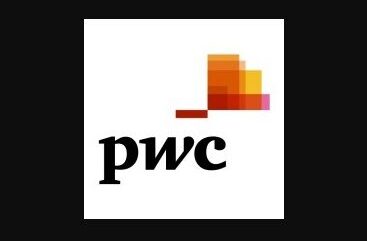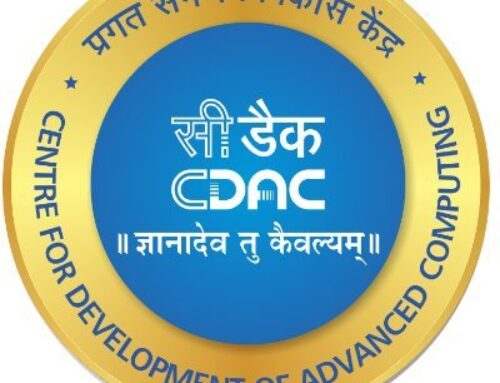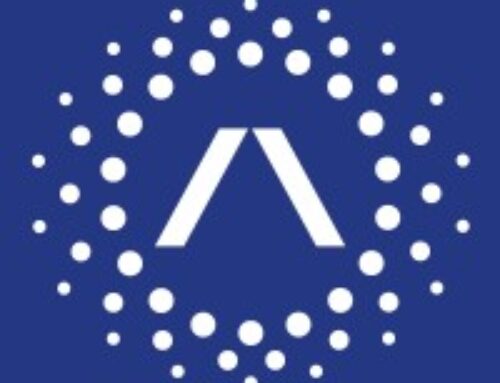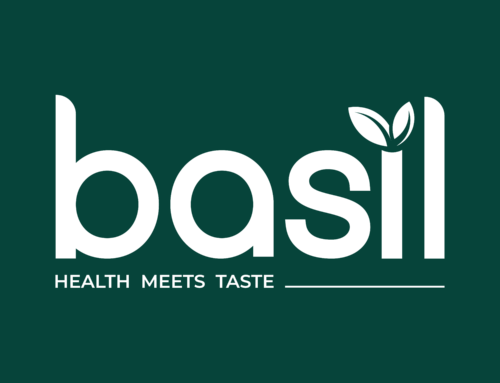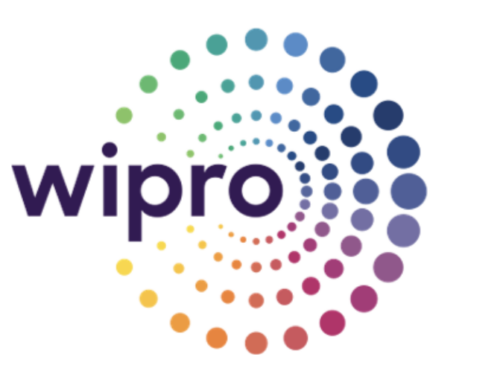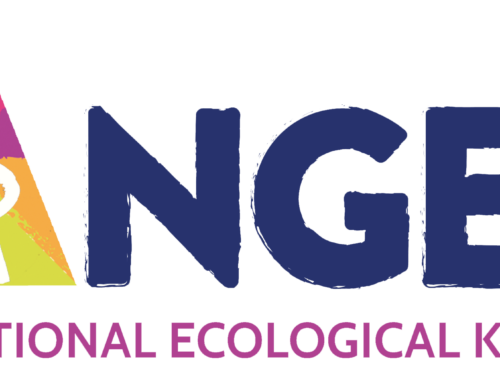Introduction
As global supply chains across industries face increasing demand for product traceability from investors, regulators and consumers; it is crucial for the firms to reinvent supply chain processes to reliably verify product origins and its journey across the value chain. The transformation of tokenized raw materials into complex products along with its effective recycling can be seamlessly traced, with ESG parameters embedded at every step in the unified tamper resistant ledger. Blockchain can be a game changer in establishing this tamper proof traceability in supply chains.
Our innovative solution presented at 15th edition of the Aegis Graham Bell Awards – Blockchain Innovation Category is not just going to resolve the Supply Chain challenges but will have a long-lasting impact on the overall market and society.
Who we are ?
With a presence in 149 countries and a team of over 370,000 professionals, PwC is one of the top professional services networks globally which has served about 86% of the Global Fortune 500 companies.
Since its inception in 2017, the Blockchain Lab of PwC India in Kolkata has led the adoption of blockchain globally by ideating, designing and developing innovative solutions for diverse sectors. The team, consisting of certified blockchain professionals, business analysts, and software engineers, has delivered successful projects across multiple industries and business functions includes financial services, public sector, supply chain, manufacturing, healthcare, and more.
Challenges addressed by our solution:
➢ Lack of real-time execution capabilities across functions to react quickly to changes in market to control cost
➢ Lack of visibility and existence of data silos across the entire supply chain
➢ Lack of tools and practices as well as high costs involved to properly execute and track ESG initiatives in the supply chain
➢ Lack of automation for routine and manual tasks take up a significant portion of employee bandwidth, reducing capacity to focus on value-add decision making.
Emerging technologies triad for supply chain traceability
✓ This proposal outlines a blockchain-based system for managing digital identities across a supply chain. Each actor in the supply chain will have a unique digital identity linked to the blockchain, allowing for seamless identification regardless of their login systems. The business logic, including smart contracts, will be hosted in cloud-based Docker container clusters, enhancing scalability and orchestration.
✓ The blockchain ledger serves as a centralized information hub, integrating data from various IT systems and IoT devices used by supply chain participants. This ledger can be managed either in the cloud or on-premises, providing flexibility in infrastructure management. The core blockchain layer will be deployed across multiple Kubernetes clusters to ensure efficient scaling and system management.
✓ Data from the blockchain can be utilized by AI applications to deliver more accurate analytics and predictive insights. Additionally, the system can generate compliance reports for regulatory authorities, enabling them to verify data integrity and trace the entire journey of a product through the supply chain. This ensures transparency, accountability, and enhanced trust among all stakeholders.
Market Impact
Potential: Blockchain based tamper-resistant traceability solution as a whole has the potential to re-invent the Supply Chain market which is valued at approx. USD 3.4 Billion in 2023 in India. The market is projected to expand at a compound annual growth rate (CAGR) of 11.1%, reaching USD 6,433.24 million by 2030.
Market Value: The supply chain traceability solutions market was valued at $2.2 billion in 2023, and is estimated to reach $25.2 billion by 2032, growing at a CAGR of 30.9% from 2024 to 2032.
Impact: Supply chain delays cause some companies 15% Loss in Revenue: This includes 31% of businesses who’ve reported financial losses of up to 15%, and 29% who’ve reported losses greater than this. The study also found that 56% of organizations have had to switch suppliers in the past year. Blockchain coupled with emerging technologies such as IoT has the potential to create a drive-through experience in the supply chain processes which will increase the speed of movement of materials/goods/products in the supply chain.
Social Impact
❑ Enhanced Transparency and Trust: Blockchain technology provides a transparent, immutable record of transactions, enhancing trust in the supply chain by offering verifiable, tamper-proof evidence of product origins and handling.
❑ Reduction of Fraud and Counterfeiting: Blockchain reduces fraud and counterfeiting in supply chains, protecting consumers from fake products, especially in critical sectors like pharmaceuticals and food safety.
❑ Limiting and bringing transparency in the role of intermediaries: Blockchain can bring trust and transparency into the supply chain and limit the role of intermediaries.
❑ Empowerment of Producers/farmers/labourers: Blockchain technology enables accurate recording of contributions and payments for small-scale producers and workers, promoting fair compensation, improved working conditions, and assurance of ethical standards for consumers.
❑ Consumer Awareness and Ethical Purchasing: Blockchain technology enhances traceability, enabling consumers to verify sustainability and ethical sourcing claims, thus promoting informed purchasing decisions and demand for ethically produced goods.
❑ Improved Crisis Management and Safety: In the event of a product recall or health scare, blockchain can provide precise and swift traceability to the source of the problem. This can help to quickly isolate and address issues, minimizing harm to consumers and preventing widespread panic or economic loss.
❑ Complementing the digital public infrastructure of emerging economies like India: Blockchain-based supply chain traceability can enhance India’s digital infrastructure, boosting its export ecosystem and supporting the vision of Viksit Bharat.
Conclusion
Web 3.0 can enhance the trust and transparency in the traceability of cross-sector global supply chains. It can potentially integrate with the existing applications and complement the existing processes for tamper-resistant verifications in real time. And our solution is very much capable of the same, and it overall impacts the following areas:
❖ Rebuilding Trust and Transparency: Web 3.0 can enhance trust and transparency in global supply chains by integrating with existing applications to provide real-time, tamper-resistant verifications.
❖ Cross Industry Impact: Web 3.0 has proven effective in addressing supply chain issues in industries like retail, FMCG, semiconductors, oil and gas, consumer healthcare, and equipment manufacturing, textile, gems & jewellery, automotive, pharma by enhancing supply chain visibility and ensuring tamper-proof transaction records.
❖ Adhering to Regulatory Compliance: Blockchain’s immutability and consensus-based record-keeping make it a critical tool for industries to smoothly implement regulatory and compliance changes, providing accurate and verifiable compliance reports.
❖ Addressing Supply Chain Challenges: Blockchain can help resolve significant supply chain challenges, such as disruptions, by creating accurate and tamper-proof datasets. These datasets support demand planning and risk mitigation strategies, helping industries manage disruptions more effectively.
Thank You
We would like to thank 15th edition of the Aegis Graham Bell Awards for organizing the award and giving us an opportunity to participate under the category of Blockchain Innovation.
We would like to thank the Honorable Jury – Dr. Somanath Tripathy; Professor Yu Xiong; Dr. Souradyuti Paul; and Bhupesh Daheria for the questions and constructive feedbacks during the jury presentation.
We would like to thank Tushar Waghmode for all the help in coordinating and facilitating our participation.


